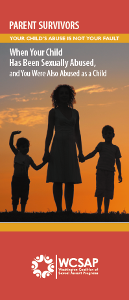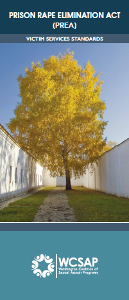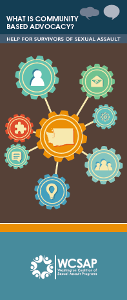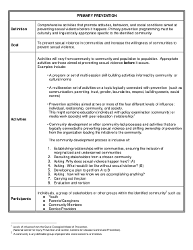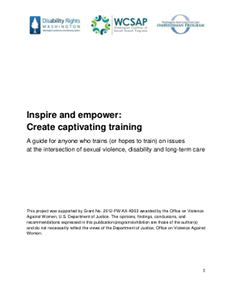This 1.5-hour training is an introduction to working with child victims (12 and under) who have an intellectual and developmental disability (IDD) and their non-offending parents/guardians. The training will be valuable to service providers who want to expand their knowledge about this unique and pervasive disability and develop skills in working with this underserved population. The training will include the following information:
- An introduction to IDD with…
